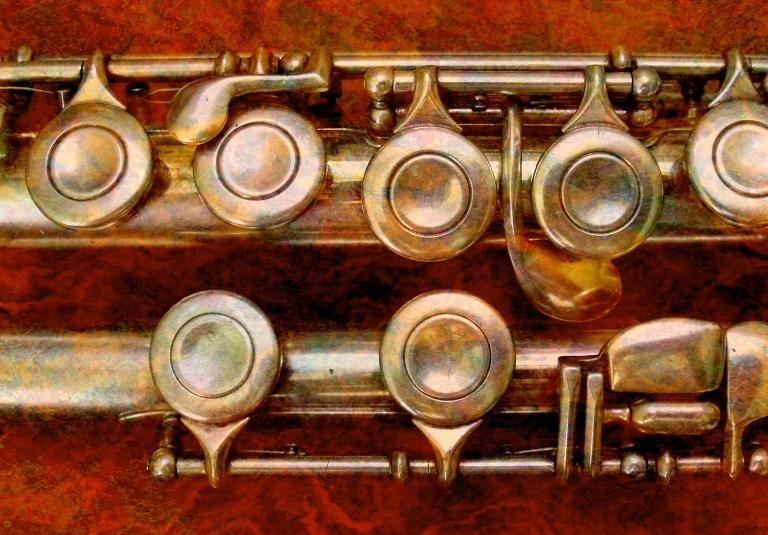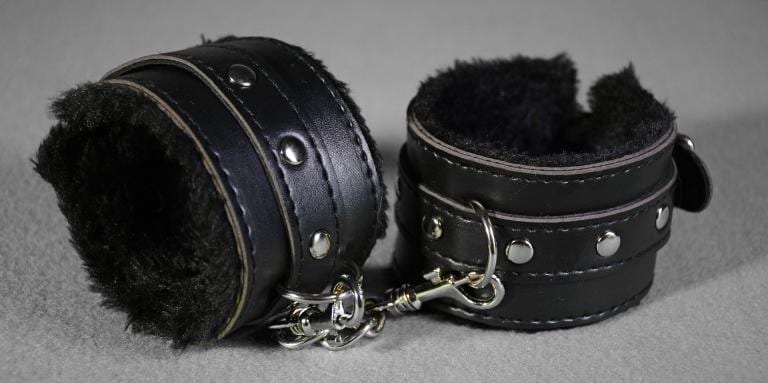Alright, so you’re white. And also male. You’re successful, but you’ve worked hard all your life. Growing up there were obstacles that you had to overcome, and you worked to overcome them. Your parents weren’t rich. They weren’t poor, but certainly nobody bought you a car when you were sixteen. Now you’re sick of everybody telling you that the reason you’re successful is that you have something called “privilege,” and you’re tired of being told you need to be ashamed of your sex and your race.
Alright, so up front I think it’s important that there really are people of colour who are just angry at white people, and there really are women who are just angry at men. They make up a minority, even in social justice circles, but they are often a loud and abrasive minority so I understand that it’s unpleasant to run into them.
But privilege is not the idea that white males are bad people, or that you haven’t worked hard for your successes. Privilege is the idea that some people enjoy cultural, or even natural advantages that other people do not enjoy and that if you have those advantages you will be able to achieve more success with less work than somebody who doesn’t have them.
I’ll try to illustrate this first with some examples that have nothing to do with race or sex.
A long time ago, I decided that I wanted to play the flute in our school band. Everybody paid a set fee to buy an instrument from the school, and the instruments were purchased and distributed to the students.
I really struggled to play the flute. Just getting a sound out of the thing was exhausting and difficult. When I did manage to play a note, it usually squeaked. It was really hard to get my fingers to move fast enough to get from one note to the next in time. Since it was deeply unrewarding and frustrating, I admit I found it hard to motivate myself to practice. But I stuck with it.
Then one day, there was a test in music class and I had forgotten my instrument at home. The teacher asked if one of the other students would lend me a flute, and as it happened the best flautist in the class volunteered. I have never played like I played that day. Her flute was a dream. You could get the keys to entirely stopper the gaps with the lightest pressure. They didn’t stick or squeak. You could produce a steady, sonorous sound with a relaxed embouchure and only a moderate expenditure of breath.
On her flute, I was actually a reasonable competent player. If I had owned a flute like that, I might even have liked practising – it was a joy to play. I got the best mark I’d ever gotten in band class… And then of course I had to give it back. I struggled on for a few more years with my sticky-keyed flute and then dropped out of band and took vocal jazz instead.
On the other hand, in English class I was the star student. One day, I showed up to school and one of my friends worriedly asked if I was ready for my presentation. We’d been assigned to do an oral essay, a new form that none of us had tried before. She’d been working on hers all week, but she was nervous about it.
I had not started. I had totally forgotten about the assignment. I mean, I’d read the book because it interested me, but that had been weeks ago. Now I had to throw something together over the lunch break and hope for the best.
But then when lunch came around, my friends were playing RPGs in the cafeteria and I didn’t want to let the party down. So I thought, “Okay, I’ll play a bit and then do my essay.” Next thing, I looked up at the clock and realized that English class was starting in fifteen minutes. I jotted down some mostly random quotes from the text and cobbled together an argument that linked them in a reasonably coherent way. And then I winged it.
I got 100%. At the end of the class my teacher made an embarrassing speech about how the other students should imitate my work habits.
Obviously, my success in this was not the result of hard work, diligence and personal responsibility. Sure, I put in a lot of hours reading and writing to get to the point where I could jot down an A++ oral essay on a gum-wrapper. But – and I think this is crucial – I didn’t do that because of some sort of forward-thinking industrious virtue-ethic. I didn’t sit down one day and say “Alright, reading is tough work but if I put my nose to the grindstone one day it’s going to pay off.”
I read because it was easy, fun and rewarding. When I was little, both of my parents read me stories every night (and often multiple times in the same day in the case of my poor mother). My dad did silly voices and listening to him read was one of my favourite things.
Mom taught me to read when I was four, and there were always books around the house. Books everywhere, in all kinds of genres. Dad used to blaze through a novel every evening, and if I became interested in any subject suddenly an avalanche of books would appear. I didn’t have to convince my parents to take me to the library, or remember to return my books, they were just there. To this day, there is a bookshelf in literally every room of my house apart from one of the bathrooms.
I read all the time because it was normal, and I loved to do it. Once I learned how to write, and realized that I could make new books out of the ideas in my head, nothing could stop me. I didn’t write because I wanted to work hard and get good grades. I wrote because words are the most fun toy in the universe, even funner than Legos.
Alright, so let’s get back to the point. In both of these cases, the formula was not “hard work = success.” There is another term, equally important, “hard work + advantage = success.” The best flautist in my middle-school band had a hidden advantage: a really good instrument. In English, I had a hidden advantage: early literacy and easy access to books.
This advantage didn’t just mean that we had a leg up, it also meant that when we did work hard, we were more likely to find it rewarding. In general, if someone tries, and tries, and tries and doesn’t get anywhere they either give up completely, or (if that’s not an option) they become despondent. We will naturally tend to work harder if working harder produces better results – and most of us will find it hard to motivate ourselves if we sink a lot of work into something that never pays off.
This is what privilege is about. It’s not about being ashamed that you have advantages that you didn’t earn, it’s about acknowledging that you have them. It doesn’t mean that you didn’t work hard for your successes, it does mean letting go of the delusion that success is always the fruit of hard work.
There’s nothing wrong with being the kid who was given a good flute. There’s nothing shameful about being the kid who started reading encyclopedias at six. These things are good in themselves – they only become a problem if they cause you to feel superior, to look down on others, or to sabotage other people’s efforts in order to maintain your advantage.
In the same way, you do you have to be ashamed of Anglo-American culture to acknowledge the ways in which that culture advantages people of white Anglo-American descent. You don’t have to hate masculinity to realize that a lot of aspects of social organization were developed by men, for men, and that this makes it easier for men to succeed.
It only becomes wrong if you try to take personal credit for advantages that you did not earn, if you assume that people who don’t have those advantages just need to try harder, and if you choose to perpetuate practices that make life easier for you at the expense of others.
Image courtesy of Pixabay.
Stay in touch! Like Catholic Authenticity on Facebook:












